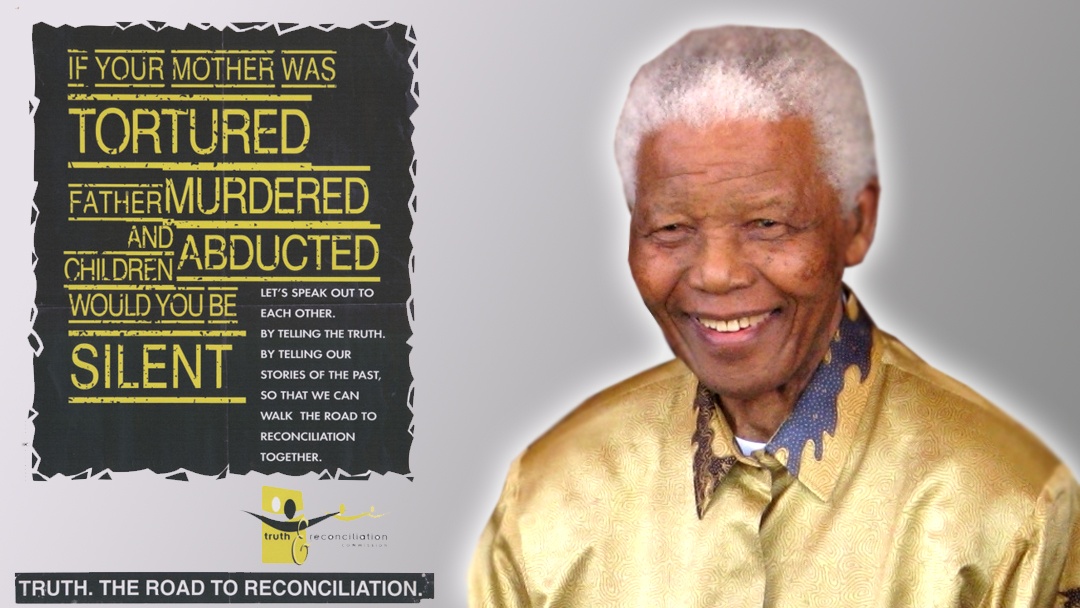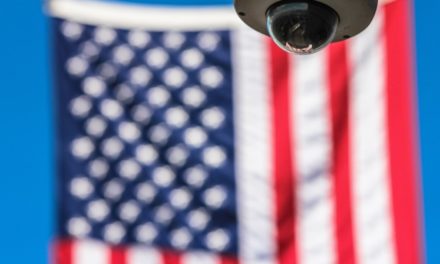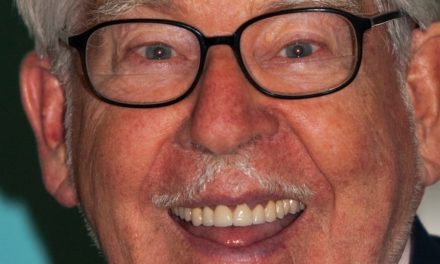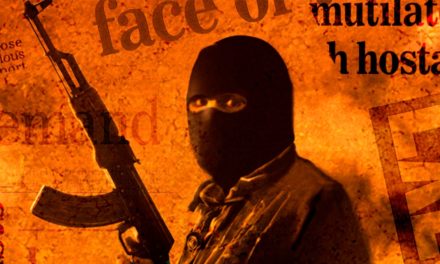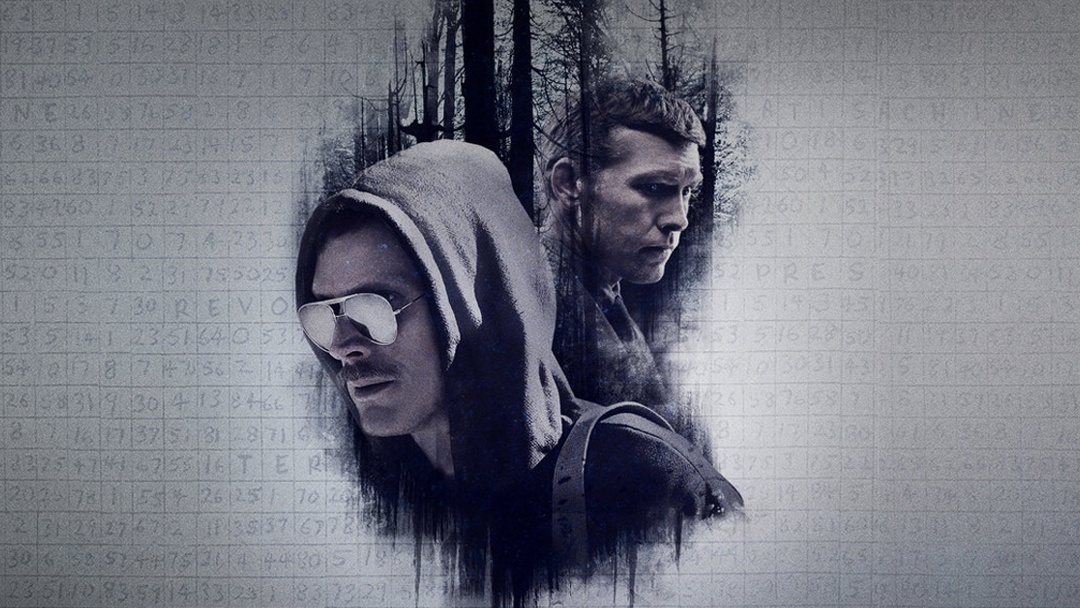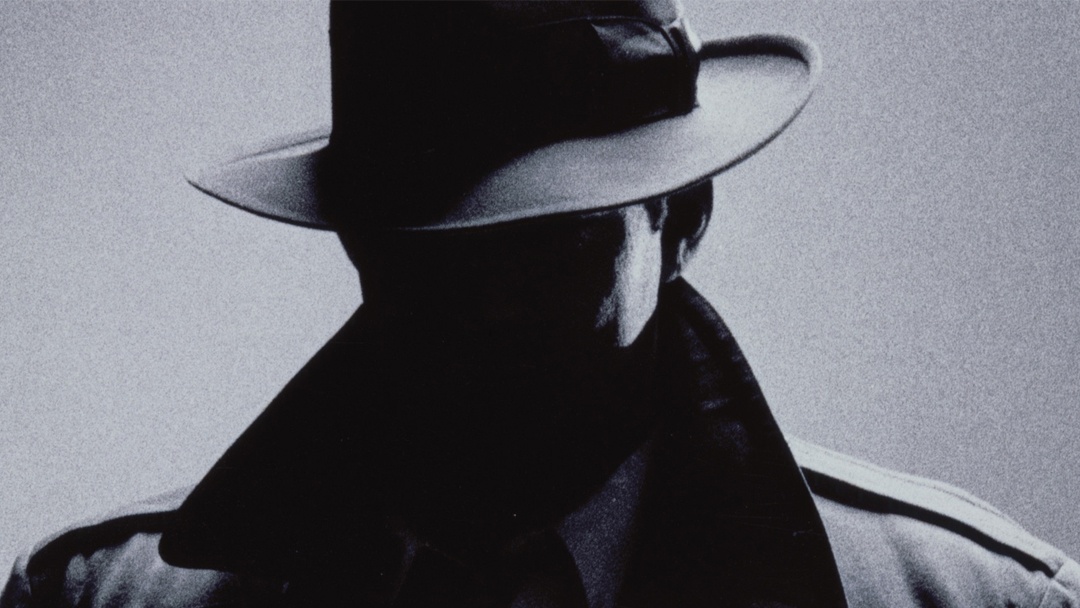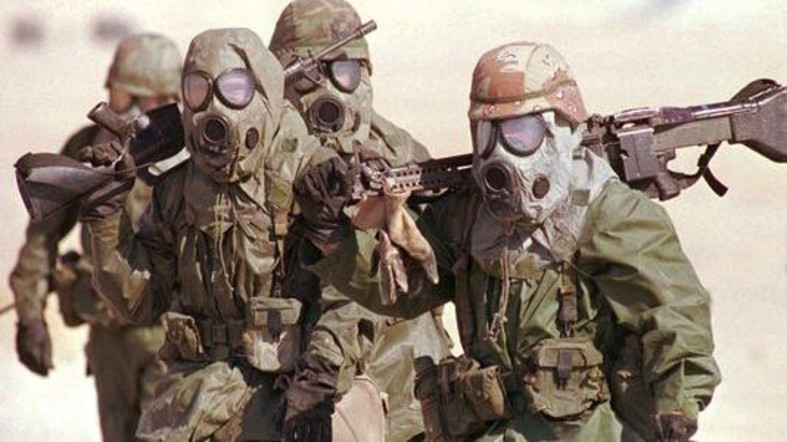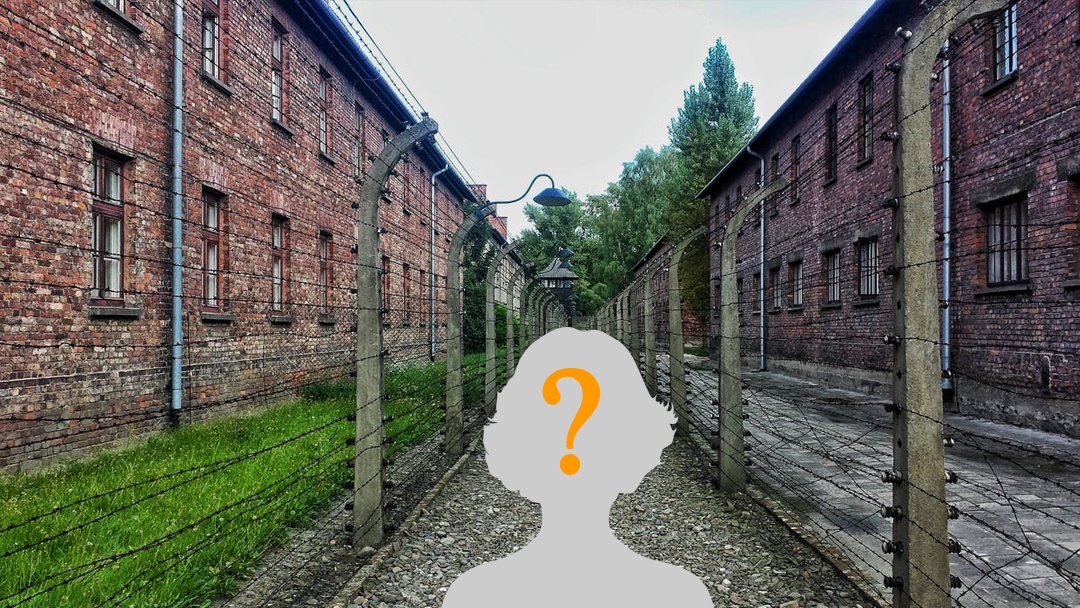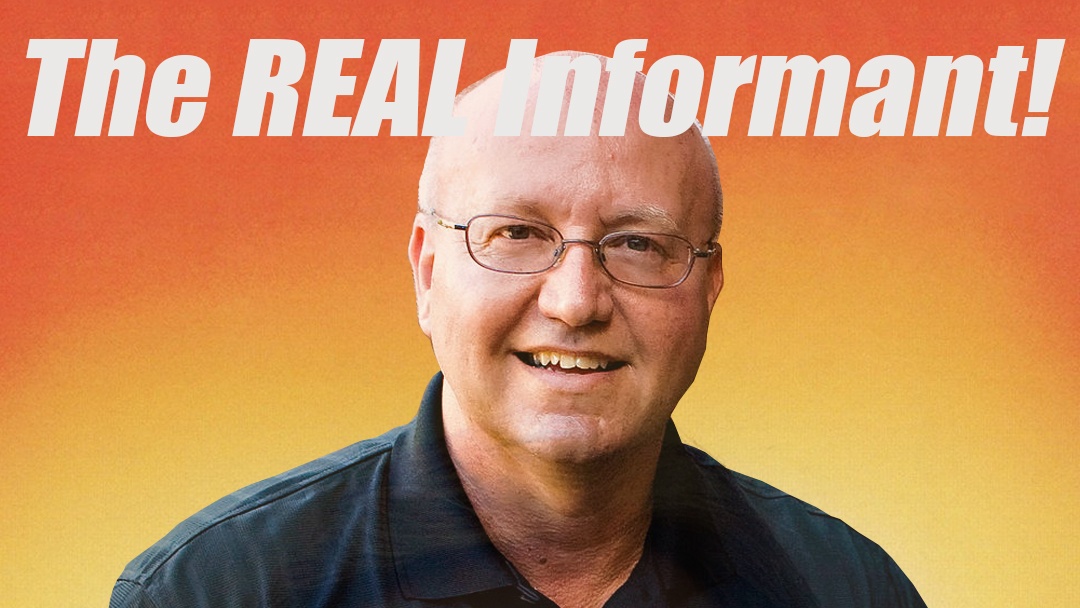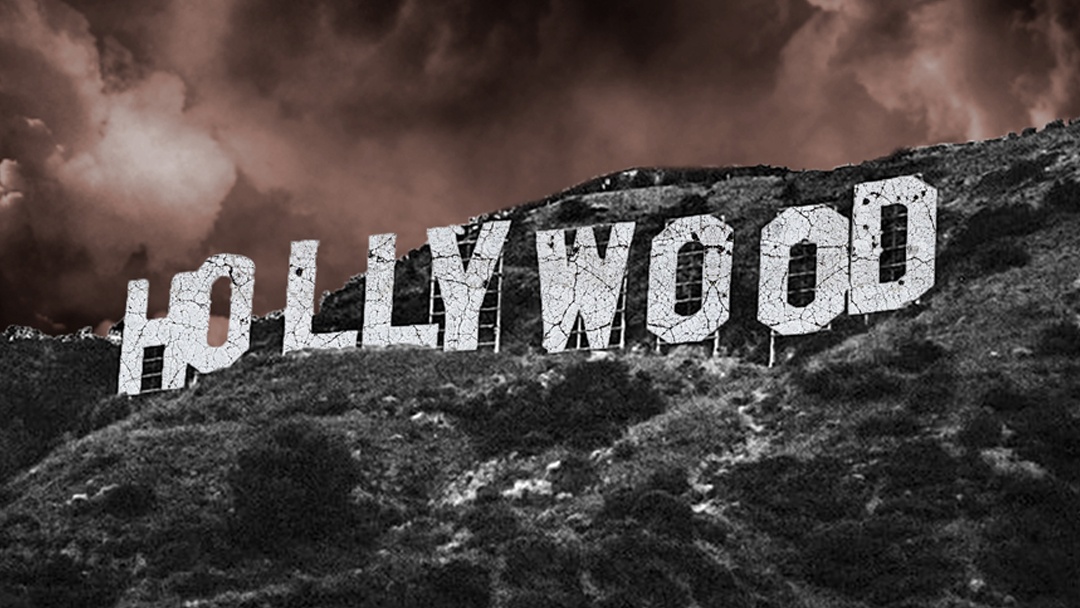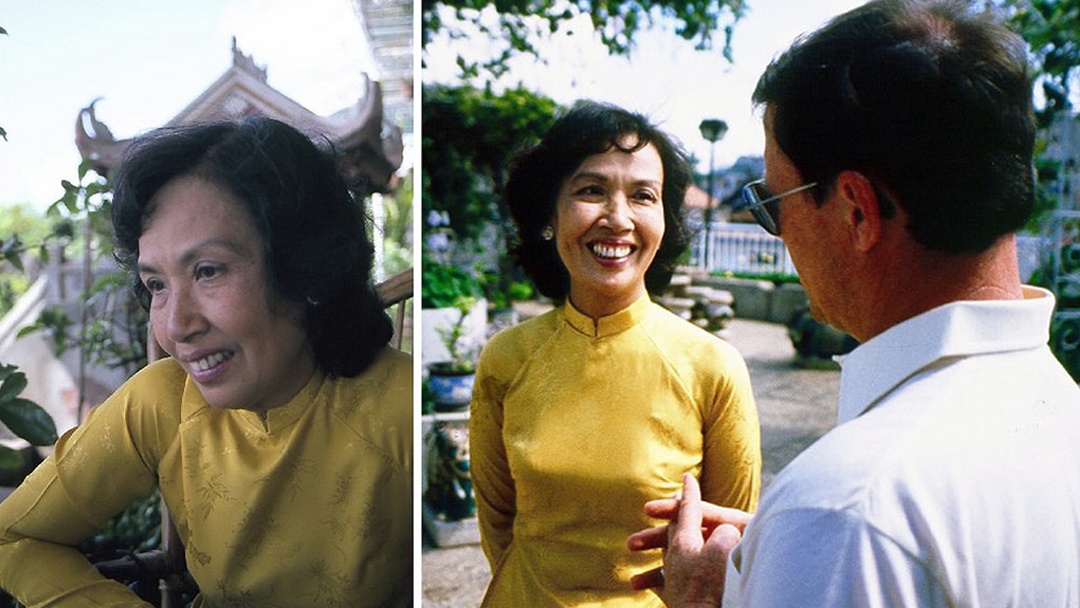After the brutal, infamous white colonial regime of South Africa gave way in 1994 to a government run by African hero Nelson Mandela, the new president asked for Truth and Reconciliation, even having a commission established under that name.
The idea: get the atrocities of the past out into the open, but not with the aim of retribution. If a criminal of the race wars in South Africa confessed, and beyond that showed genuine contrition, he or she might be granted amnesty, and afforded a large measure of forgiveness.
The film: The Forgiven, with Forest Whitaker as a compelling archbishop Desmond Tutu, brings us a painfully true story, though the vehicle of both real and fictional events. We won’t attempt here to grapple with all the details of this gripping portrayal.
The story offers up conundrums of the human psyche… how does the psyche transform, become amenable to other ways of seeing, of deep repentance…when and why do some persons just snap, as if moving from night to day?
What does the high sounding aim of “reconciliation” offer the victims, really, after all their loved ones still died horrible deaths. What of their psyches, their tortured souls?
The mystery chaser also asks:
How do you know when someone who’s “come clean” has told you everything?
How will you ever know when political deals covered up a little truth, a lot of truth?
Is there ever a time when political considerations should cover up a little truth, a lot of truth?
In the end, how do you know when you’ve finally burrowed to the bottom of scandal, depravity, of stories with no ending?
The film, for example, does of good job of this, looking at the basic level of abuse of blacks, but also asking a haunting question, as a refrain: just what was operation Hacksaw?
When you go back to the 1990’s and engage with South Africa’s story, there’s much, much to think about.
